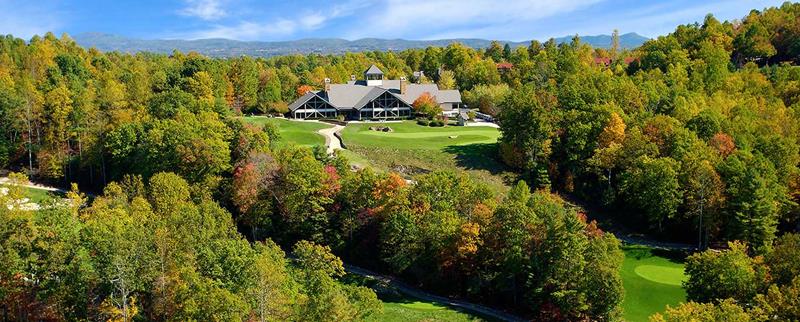Let’s finish the week with a Troon news. Troon has been selected to manage the Champion Hills Club, a private golf club in Hendersonville, North Carolina. Set in the Blue Ridge Mountains.
Champion Hills Club is a member-owned club and will be managed by Troon Privé, the private club operating division of Troon. I am not surprised that Troon won this assignment. Dana Schultz, a 19-year veteran of Troon, has recently been named as the club’s new general manager.

Key facts about Champion Hills Club
- Is the centerpiece of the 730-acre Champion Hills residential community;
- The Tom Fazio-designed, 18-hole par-71 golf course opened for play in 1991 and is ranked by Golf Digest as one of the top private courses in North Carolina. The course is set an elevation of 2,500 to 3,000 feet, allowing for year-round play while providing four-season beauty.
- Champion Hills Club also features a 25,000 square foot clubhouse with multiple dining options; a new fitness center with classes and personal training; two lighted Har-Tru tennis courts; a heated pool, hydro spa and sun deck; Bocce ball courts; and 18 miles of marked and well-maintained walking trails.
An interesting trend in recent years is the popularity of wellness lifestyle real estate and communities. This is what I recognize in the services of Champion Hills Club.
Wellness is a $3.7 trillion industry and growing faster than the global economy (source: Global Wellness Institute). So living in such real estate and community can help people to cope with health risks like sedentary lifestyles, lack of physical activity, poor diet, stress etc.
The above-mentioned institute found that in North America alone, the wellness communities’ market is worth $52.5 billion and is growing by 6.4% annually.
Wellness real estate was a $134 billion worldwide industry in 2017 and is expected to grow to $180 billion in 2022.
What I could not find out at this moment if Champion Hills Club is also adopting green/sustainable building movement, design-driven movements, the food movement as being a wellness-focused residential community.
Let’s not forget those technologies that can turn our house into a smart home and a passive house. As of today, there are over 60,000 passive houses in the world.
I highlighted this because in Champion Hills Club you can design and build your own house as well.
The bottom line is that it is not enough to claim your residential community as a wellness-focused one and have some amenities and facilities that prove this, but your approach to building a residential community should be based on being wellness-focused.
